After Massachusetts enacted its version of the Uniform Probate Code (UPC) in 2009, guardians no longer had the authority to admit individuals to nursing facilities without explicit authority. Individuals under guardianship who were in nursing homes when the law began could stay in their facilities, but their guardians required additional authority to re-admit the individual if they left (other than to a hospital and back) or to admit the individual to a new facility.
In 2012 the guardianship laws changed again, this time relaxing the rule so that an explicit granting of authority for nursing facility admission was no longer needed for some short-term stays.
At this point a guardian can admit an individual to a nursing facility without going back to court to request explicit authority to do so if,
- the nursing facility stay does not exceed 60 days;
- neither the individual nor any other interested party objects;
- a clinician who is authorized to sign a medical certificate recommends the admission by signing the Notice of Intent to Admit to a Nursing Facility for Short Term Services (The notice can be found here and instructions for completing the notice can be found here; and,
- the guardian files the Notice of Intent to Admit to a Nursing Facility for Short Term Services with the court. The notice must also be provided to the facility and given to the individual in hand. Upon receiving the notice the court will appoint an attorney to represent the individual unless one has already been appointed.
When it changed the rule on short-term admissions the legislature also clarified the definition of ‘nursing facility.’ Although guardians can admit individuals to nursing facilities without explicit court authority if the above criteria are met, explicit court authority is not necessarily needed for admission to a facility that,
- is licensed as a long term acute care hospital, an inpatient rehabilitation facility or a rest home by the department of public health (pursuant to MGL ch 111, sec.s 51 & 71); or,
- is licensed or certified as an assisted living residence by the executive office of elder affairs (pursuant to 651 CMR 12.00 et seq.).

